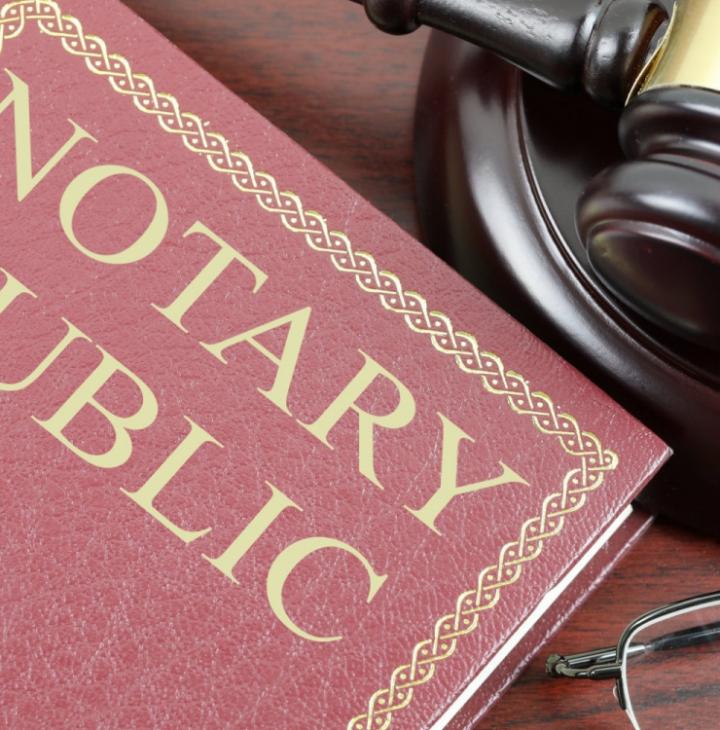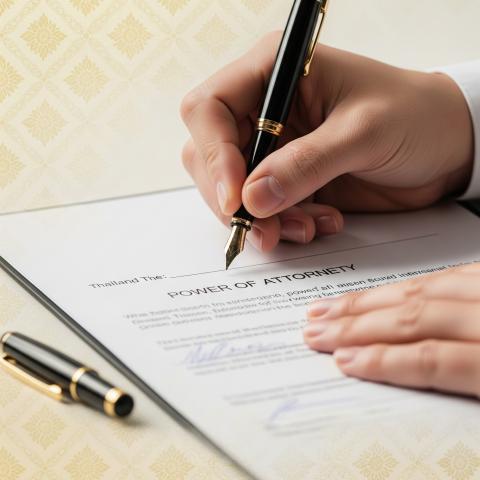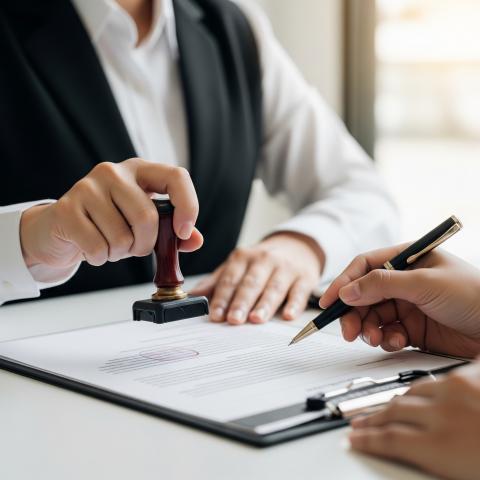Understanding Notary Services in Thailand
Notarial services play a crucial role in validating and authenticating various legal documents, ensuring their acceptance by authorities, courts, and other institutions both within Thailand and internationally. At PS Law & Business, our licensed notary public in Bangkok provides comprehensive notarization services tailored to meet the needs of our foreign and local clients.
What is a Notary Public?
In Thailand, a Notary Public (or Notarial Services Attorney) is a lawyer who has been granted a special license by the Lawyers Council of Thailand to certify documents, witness signatures, and administer oaths. Their role is to act as an impartial witness and to verify the authenticity of documents and the identity of the signatories.
Types of Documents We Notarize
PS Law & Business can assist you with the notarization of a wide range of documents, including but not limited to:
- Powers of Attorney
- Affidavits and Statutory Declarations
- Contracts and Agreements
- Copies of Passports and other Identification Documents (Certified True Copies)
- Educational Degrees and Transcripts
- Corporate Documents (e.g., Company Resolutions, Minutes of Meetings)
- Application Forms for International Use
- Consent Letters for Minors Traveling Abroad (Guardianship Declarations)
- Property Documents
The Notarization Process
The process for notarizing a document typically involves the following steps:
- Document Review: We will review the document to understand its nature and the notarial act required.
- Identity Verification: The signatory must appear in person before our notary public and provide valid photo identification (e.g., passport, Thai ID card).
- Witnessing and Signing: The notary will witness the signing of the document. In some cases, the notary may need to administer an oath or affirmation.
- Notarial Certificate: The notary will affix their seal and signature, along with a notarial certificate, to the document. This signature notarization and legalization confirms the notarial act performed.
Why You Might Need Notary Services in Thailand
Foreigners and Thais alike often require notary services for various reasons:
- International Transactions: Many foreign countries require documents originating from Thailand to be notarized and then further legalized (e.g., by the Ministry of Foreign Affairs and the respective embassy) to be considered valid.
- Legal Proceedings: Affidavits and other evidentiary documents for use in court proceedings, both domestic and international, often require notarization.
- Business and Corporate Matters: Setting up businesses, amending company details, or entering into significant commercial agreements may necessitate notarized documents.
- Personal Affairs: Matters such as overseas marriage, adoption, immigration applications, or authenticating copies of personal documents for official use abroad often require notarization.
Legalization of Documents
For documents intended for use in foreign countries, notarization is often the first step in a two or three-step process. After notarization by a Thai notary public, the document may need to be legalized by the Thai Ministry of Foreign Affairs and then by the embassy of the country where the document is to be used. PS Law & Business can guide you through this entire legalization process.
Why Choose PS Law & Business for Notary Services?
At PS Law & Business, we provide efficient, reliable, and legally compliant notary services in Bangkok. Our experienced notarial attorneys understand the importance of correctly notarizing existing documents, especially for international use. We are committed to providing clear guidance and a seamless process for all your notarization needs.
Frequently Asked Questions (FAQ)
Q: What do I need to bring for notarization?
A: You must bring the original document to be notarized and a valid photo ID, such as your passport or Thai national ID card. The person signing the document must be physically present.
Q: Can you notarize a document in a foreign language?
A: Generally, yes. However, the notary must understand the nature of the document. If the document is in a language the notary does not understand, an official translation by a certified translator might be required, and the notary may notarize the translator's declaration.
Q: How long does notarization take?
A: The notarization itself can often be done relatively quickly, sometimes within the same day, depending on the document's complexity and our schedule. For legalization processes involving government ministries and embassies, it will take longer.
Q: What is the difference between notarization and legalization?
A: Notarization is the process of a notary public certifying a document. Legalization (or authentication/apostille, depending on the country) is a further process where governmental authorities or embassies certify the notary's signature and seal, making the document valid for use in a foreign country.
Q: Can you notarize a copy of a document?
A: Yes, we can certify a copy of an original document as a "Certified True Copy." You will need to present the original document for comparison.
External Links
- Thai Ministry of Foreign Affairs - Legalization Division
- Lawyers Council of Thailand (For general information on legal professionals in Thailand.)



